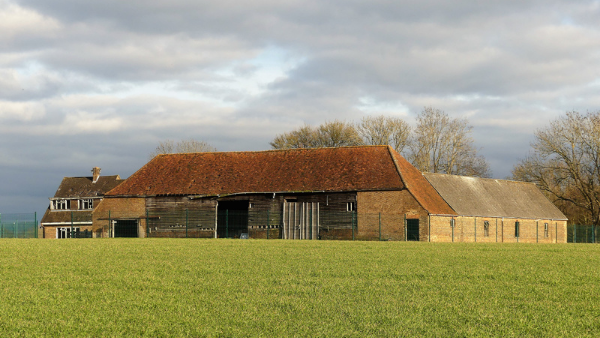Author
Related people
Grace Awan
Associate

In two recent cases, Thomson and another v Collins and another [2020] and Blue Angel Property Ltd v Jenner [2020] the Upper Tribunal (“Tribunal”) was asked to consider applications to discharge restrictive covenants, which prevented development. Both applicants had been granted planning permission, but were prevented from developing out, due to restrictive covenants on the title.
Tracey Rickard and Kate Thomson (“Rickard & Thomson”) planned to convert a redundant stone farm building into a dwelling. They had purchased their property in 2004 from Roger Collins and Gwendoline Collins (“Collins”), who owned the adjacent working farm. In the transfer, they covenanted with the Collins that:
‘The Transferee shall not build or allow to be built on the Property any building or structure whatsoever, including garages, outhouses, sheds and conservatories, without first obtaining the written consent of the Transferor or his successors in title.’
Blue Angel Property Limited (“Blue Angel”) planned to build five terraced houses. The purchaser of the land in 1958 gave the following covenants, which run with the land:
Mrs Jenner objected to Blue Angel’s plans on the basis that to do so would breach the “one house one plot” covenants above.
Both applicants sought to rely on the ground for discharge of a restrictive covenant set out in section 84(1)(aa) Law of Property Act 1925. This ground allows the Upper Tribunal to discharge or change a restriction if:
Rickard & Thomson and Blue Angel both argued that the provision of residential accommodation was a reasonable use for the land, relying on the fact that planning permission for the respective developments had been granted.
The Collins argued against Rickard & Thomson that, in the proposed location, the use of old farm buildings as a dwelling was not reasonable, as it was on a working farm, and would impede the normal use of the land.
Mrs Jenner argued against Blue Angel that the proposed development was not a reasonable use of land, as it was out of keeping with the surrounding area, which was made up of single homes on large plots.
Rickard & Thomson were unsuccessful. Blue Angel demonstrated the proposed development was a reasonable use of land. Blue Angel ultimately succeeded because there was a similar development in the area, setting a precedent for terraced homes, designed to look like one building.
It was not only the fact that Rickard & Thomson did not have the benefit of a similar development within the area to fall back on, but their planning permission failed to identify how the conversion to residential accommodation would not interfere with the farming operation. Their planning permission was limited in scope; its existence alone was not sufficient to establish that residential conversion of the building was reasonable.
Rickard & Thomson and Blue Angel both argued that the restrictive covenants did not give either the Collins or Mrs Jenner any practical benefit which added substantial value or advantage to their properties.
However, the Collins argued that the farm was their private residence and to build a dwelling in the farm building would reduce their privacy and the amenity of the farm. They argued that the privacy and amenity of the property was a practical benefit conferred by the restrictive covenant.
Mrs Jenner argued that the restrictive covenant conferred seven practical benefits of substantial value to her property, including:
In both judgments, the Tribunal considered that amenity and privacy were practical benefits which had a substantial value. Rickard & Thomson and Blue Angel both failed to establish this limb of the test. Mrs Jenner also successfully argued that the development would negatively impact on the value of her property, which was another practical benefit from upholding the covenant.
Rickard & Thomson and Blue Angel both argued that any practical benefit that would cease on removal of the covenant could be compensated for in money. Both failed.
It is no surprise that the Tribunal dismissed both applications for the reasons outlined above.
If landowners are considering developing all or part of their property, the first thing that they need to do is review their title documents. As is clear from these two decisions, landowners have significant hurdles to overcome in persuading the Tribunal to amend or discharge a covenant in its entirety. If development is the end goal, opening up a dialogue with the party, with the benefit of the covenant, should be considered at the outset.
This article is for information purposes only and is not a substitute for legal advice and should not be relied upon as such. Please contact Charlotte Razay or Grace Awan to discuss any issues you are facing.